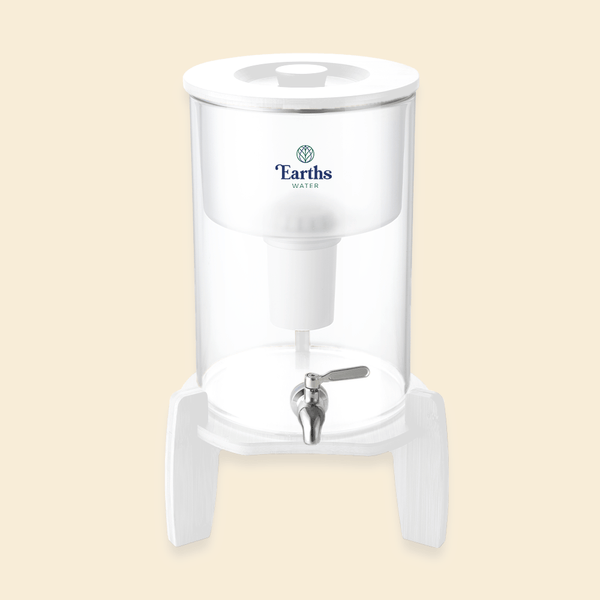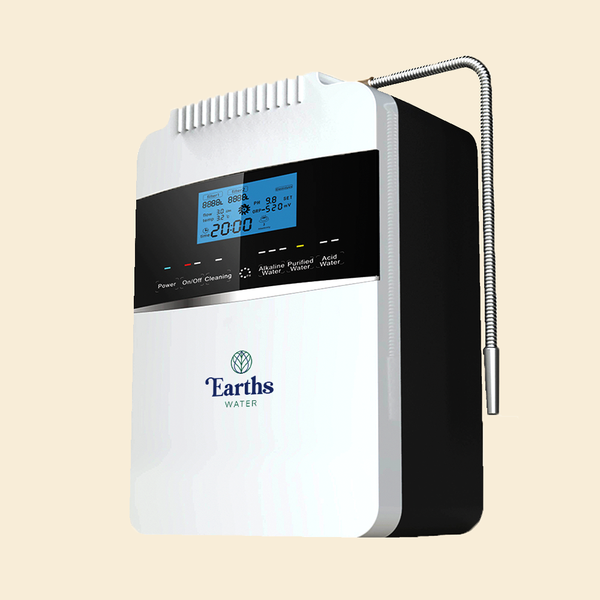
When you pour yourself a glass of water or hop into the shower, you probably aren’t thinking about chlorine. And yet. This strong-smelling chemical is working hard behind the scenes in most Aussie households. Chlorine is added to tap water to kill harmful microorganisms—a public health measure that’s been used for more than a century.
But while chlorine is a disinfectant hero in many ways, it’s not without its drawbacks. That same chemical power can be a little too harsh on your tastebuds, your skin, and even your hair. So how do we strike a balance between water that’s safe and water that’s ;enjoyable?
Now, let’s take a closer look at what chlorine does in Australian tap water, what it protects us from, and why filtering it out before it hits your glass (or your skin) could make a big difference.
Why Chlorine Is in Your Tap Water
Chlorine is added to drinking water to disinfect it—to kill off bacteria, viruses, and parasites that could make us sick. It’s especially effective against microorganisms like:
-
E. coli
-
Listeria
-
Salmonella
-
Amoeba such as Naegleria species
According to the WA Department of Heath, these microbes can cause serious illness and even death in some cases if left unchecked. Chlorine is a cheap, fast-acting solution that keeps our waterborne illness rates low.

How Much Chlorine Is Too Much?
In Australia, the guidelines recommend chlorine levels in tap water range from 0.2 to 0.5 milligrams per litre (mg/L). That might not sound like much, but it’s enough to give your water that signature pool-like taste and odour—especially if you’re sensitive to it.
And while chlorine does its job, it was never meant to be a permanent fixture in your daily hydration routine. That’s where a filter steps in—to clean up after chlorine has done its job.
What Chlorine Can Affect (Besides Germs)
So yes, chlorine keeps your water safe. But it’s not always gentle.
1. Your Tastebuds

Ever had a glass of water that tasted like a swimming pool? That’s chlorine at work. While some people stop noticing it, others never quite get used to the sharp, chemical taste—especially in tea, coffee, or cooking.
2. Your Skin and Hair

Chlorine doesn’t just kill microbes in water. It can also strip natural oil from your skin and hair, which may leave you feeling dry or itchy after a shower. This can be especially noticeable if you have sensitive skin or conditions like eczema.
3. Your Home and Appliances
Chlorine can also accelerate wear and tear on rubber and plastic parts inside appliances like kettles and washing machines. Not to mention, it can react with organic matter in water to form disinfection by-products like trihalomethanes (THMs)—some of which have been linked to long-term health risks.
Can’t I Just Boil It?
Boiling water is one of the oldest ways to make it safe to drink, but it sure has its limitations.
What Boiling Removes
Boiling is excellent at killing microorganisms like bacteria and parasites. It’s a great method during emergencies, or when travelling to places with questionable water sources.
What Boiling Doesn’t Remove
Boiling does not remove:
-
Chlorine (unless boiled for 15 minutes or more)
-
Chloramine - a chlorine compound some areas use to disinfect water—it’s more stable and doesn’t boil off easily
-
Heavy metals, microplastics, sediments, or pesticides
That’s why boiled water can still taste harsh and may not be much better for your skin or appliances.
Filtered Water vs Tap Water: The Gentler Choice
A high-quality water filter is your best bet if you want water that’s clean and kind. Earths Water filters are designed to remove chlorine, chloramine, heavy metals, microplastics, sediment, and other nasties—while retaining healthy minerals your body actually needs.
Refreshing Taste

Filtered water tastes like… well, water. Smooth, crisp, and chlorine-free. Whether you’re drinking it straight or using it in your coffee, you’ll notice the difference instantly.
Gentler on Skin and Hair
If you’ve ever stepped out of the shower and felt like your skin was tight or itchy, your water could be the culprit. Our Premium Shower Filter softens and purifies your water before it even hits your skin. It’s especially great for families, kids, and anyone with skin sensitivities.
Earths Water Makes It Easy
We’re not here to scare you into filtering your water. We’re here because clean, gentle water makes a real difference in your everyday life.

Our water filters give you the best of both worlds:
-
Water that’s free of chlorine and other nasties
-
Water that still has the good minerals your body needs
-
Water that tastes clean, soft, and refreshing
All these without the hash chemicals and the plastic waste. Just better water for your body, your home, and the planet.
Need a place to start? Our 2.4L water filter jug or our 3.5L glass carafe are both great no-fuss options that look great on your counter and need no plumbing or complicated set ups.
Real Stories, Real Results
Don’t just take our word for it. Here’s what our customers say:

These aren’t one-off experiences—they’re why thousands of Aussies are switching to filtered water.
So, Is Chlorine in Tap Water a Disinfectant or a Daily Irritant?
The answer? Both.

Chlorine is essential for public health, and we’re lucky to have access to treated water that keeps us safe. But once it’s done its job, it doesn’t need to stay in your water.
Filtered water lets you enjoy the best of both worlds—safety and softness. Your skin and hair will thank you, your kettle will last longer, and your glass of water will finally taste like water again.
Ready to ditch the chlorine? Explore our full range of water filters and discover a better way to hydrate today.









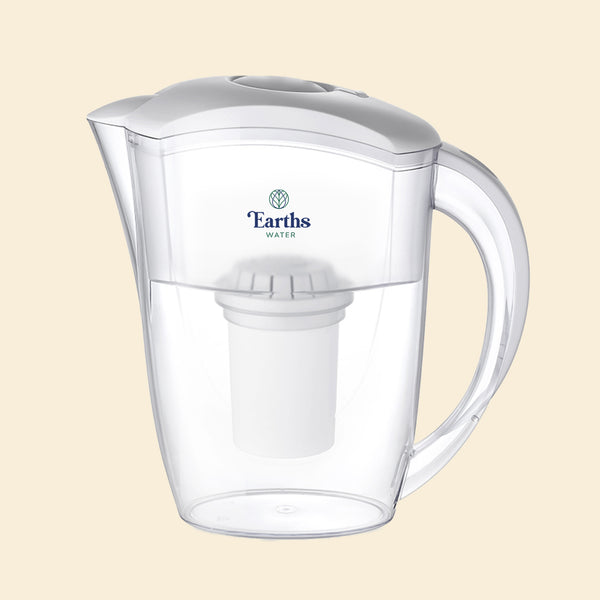
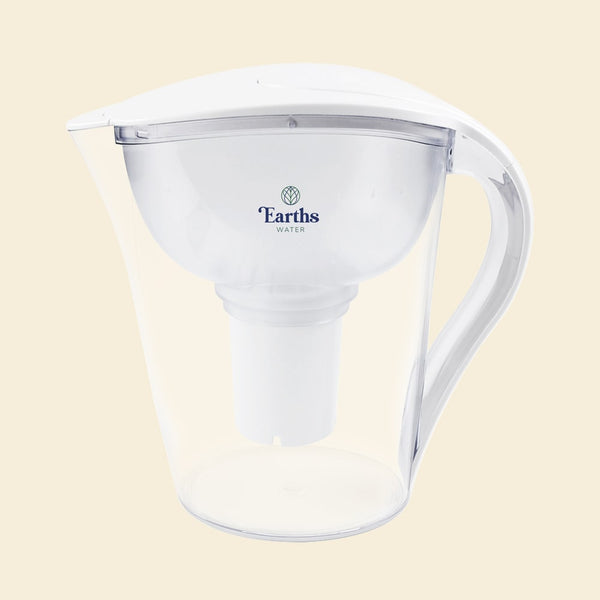
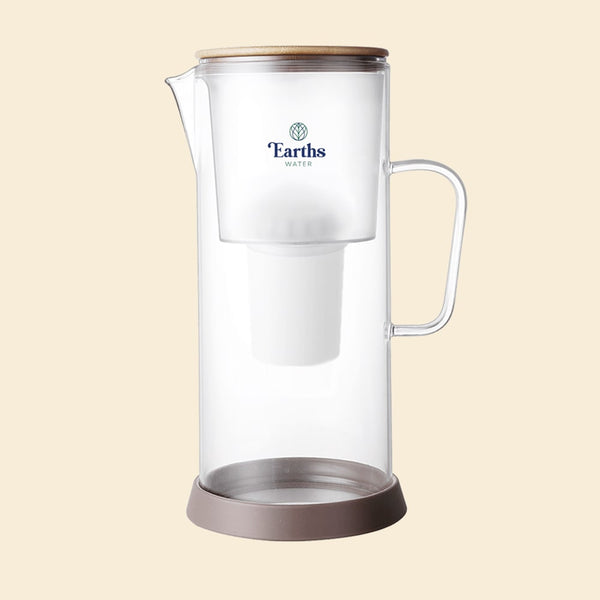
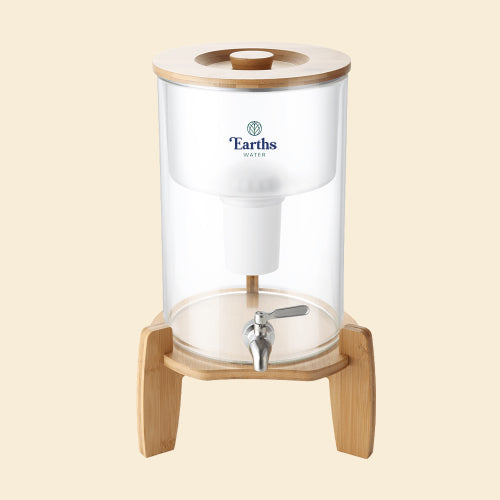
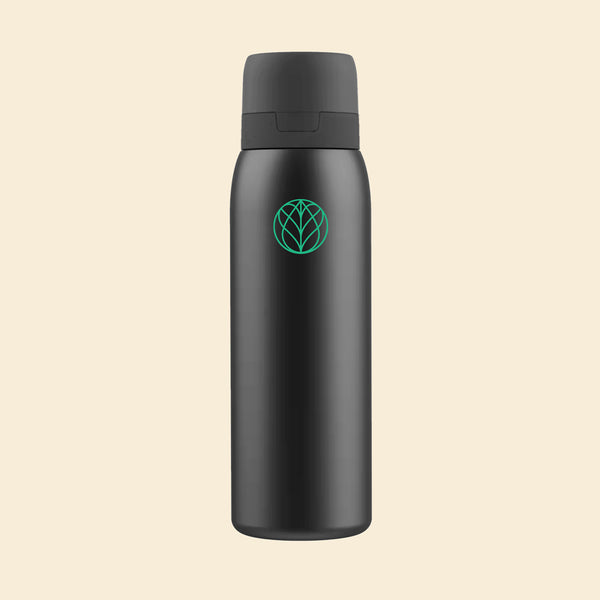
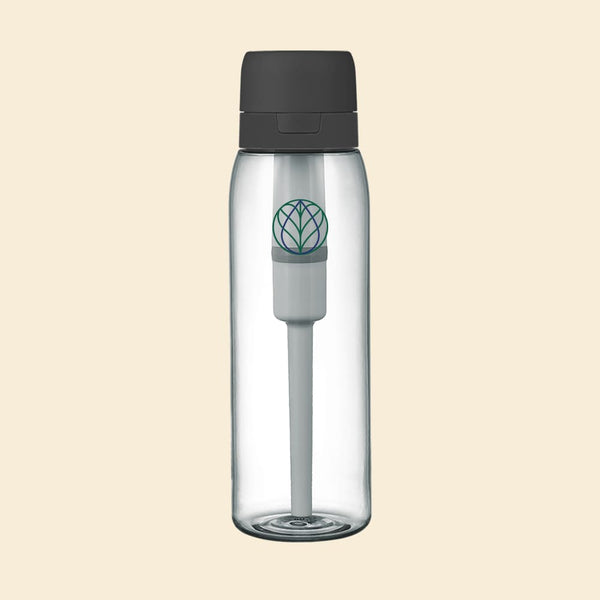
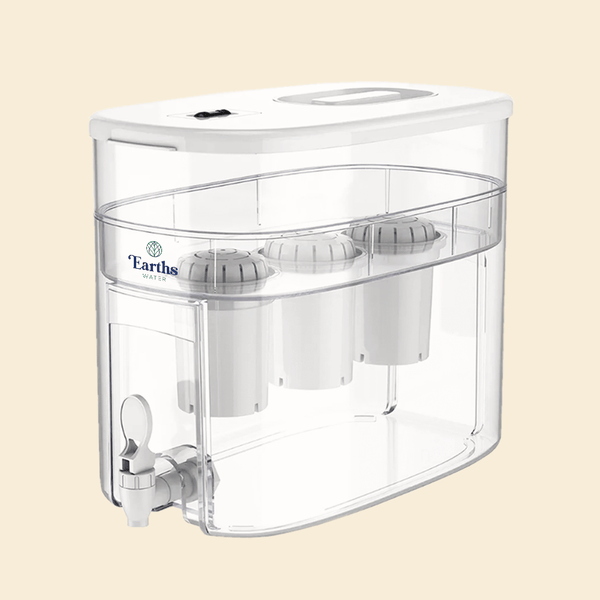
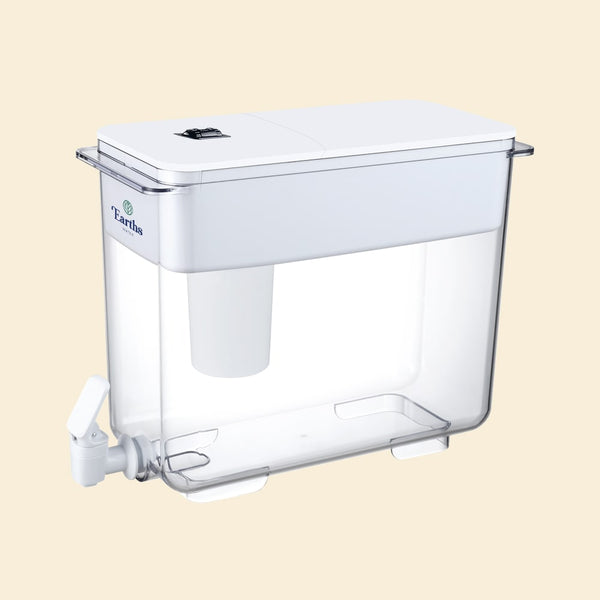
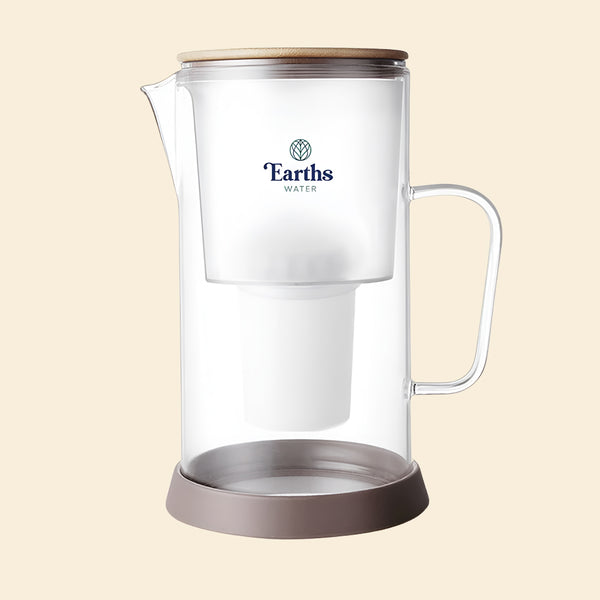
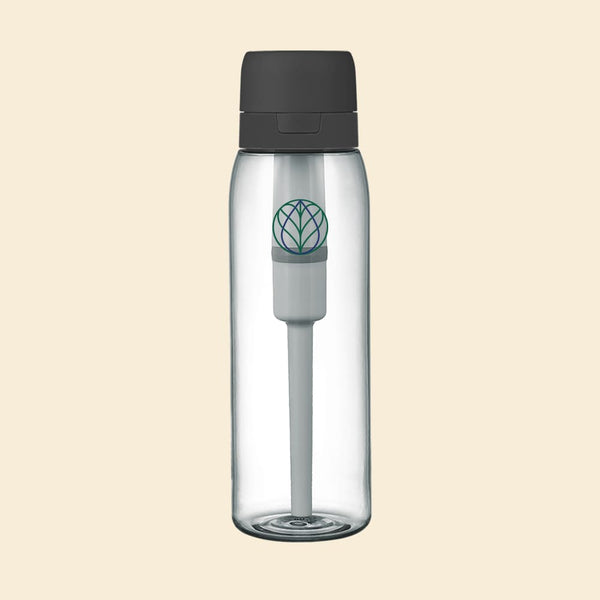
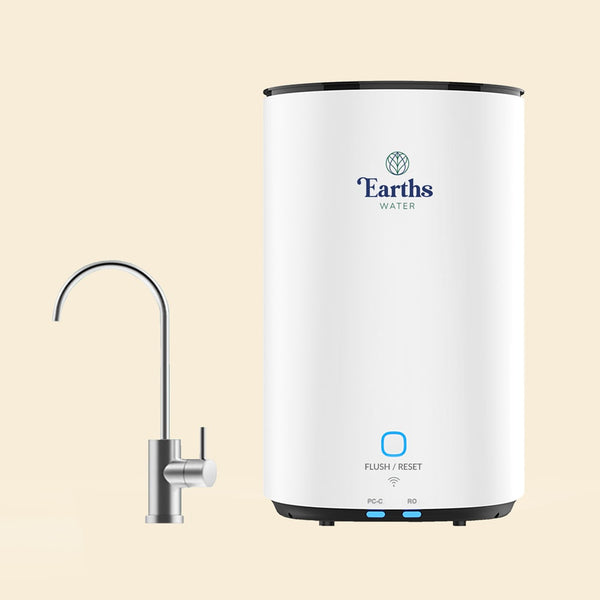
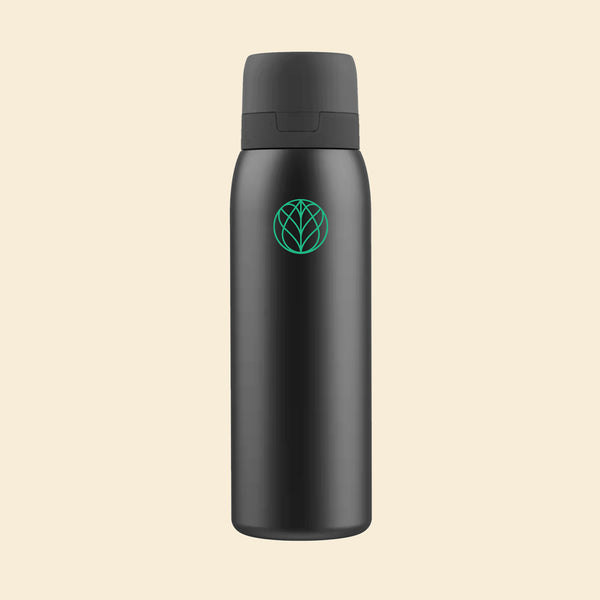
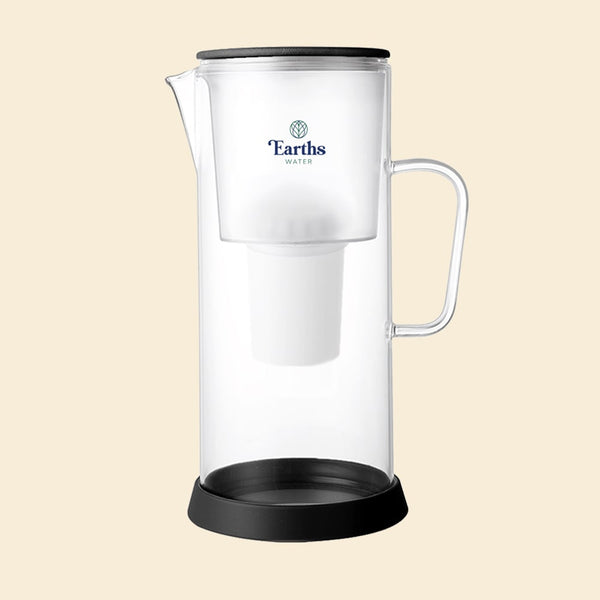
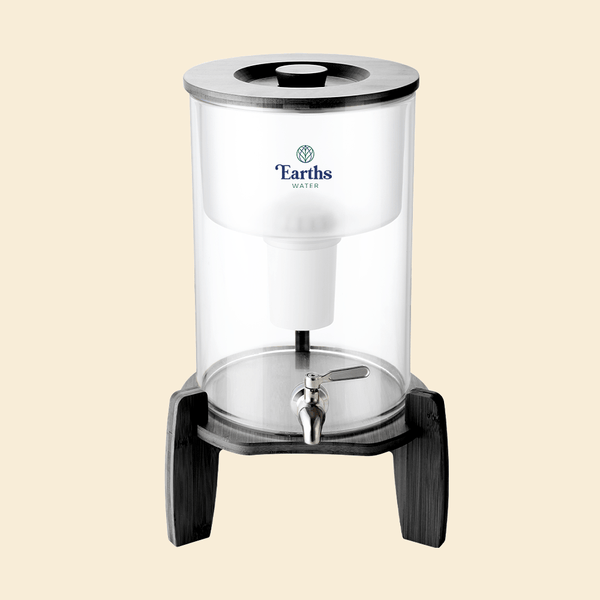
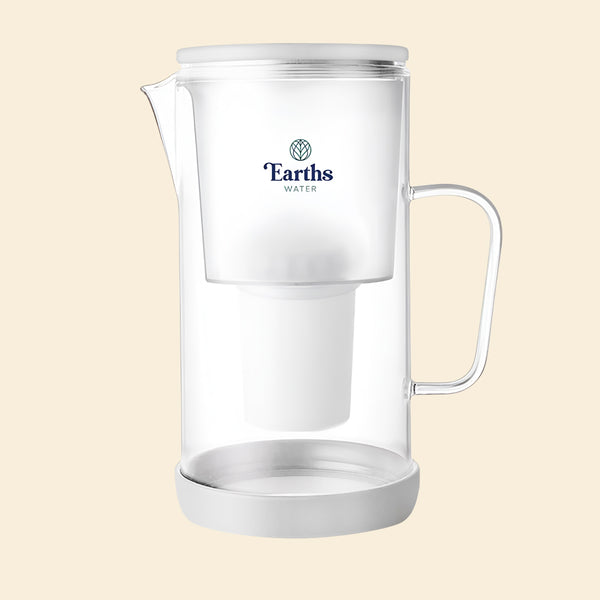
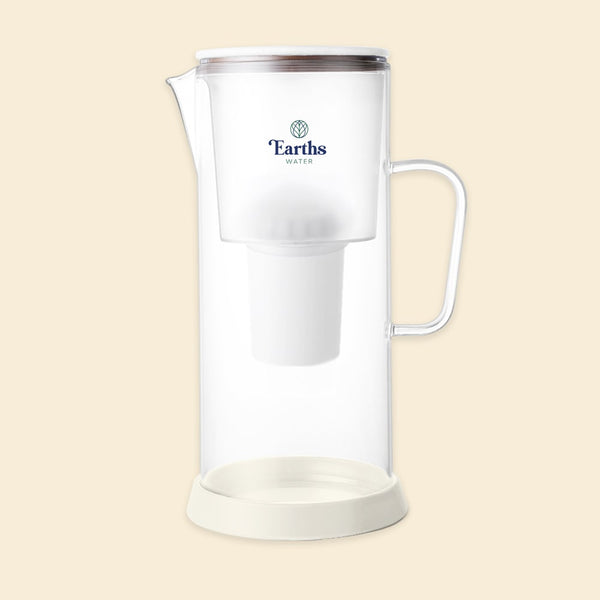
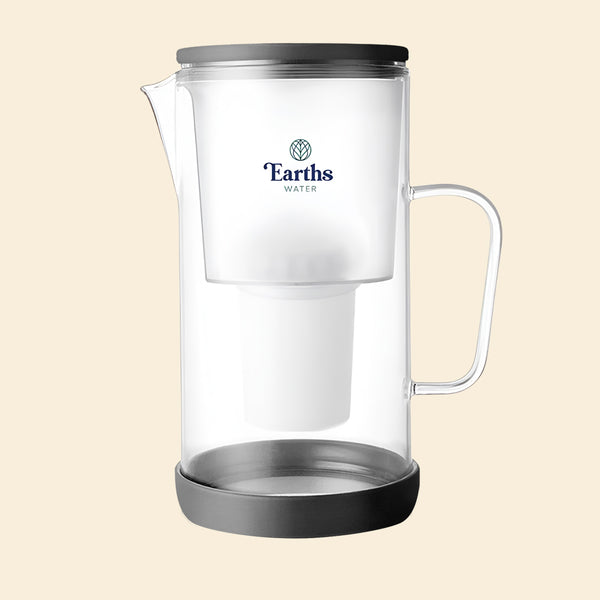
![9L Glass Benchtop Alkaline Water Filter - Eco Acacia [LIMITED EDITION]](http://earthswater.com/cdn/shop/files/ACACIA-BENCHTOP-FRONT-BEIGE_600x600.png?v=1743392740)
